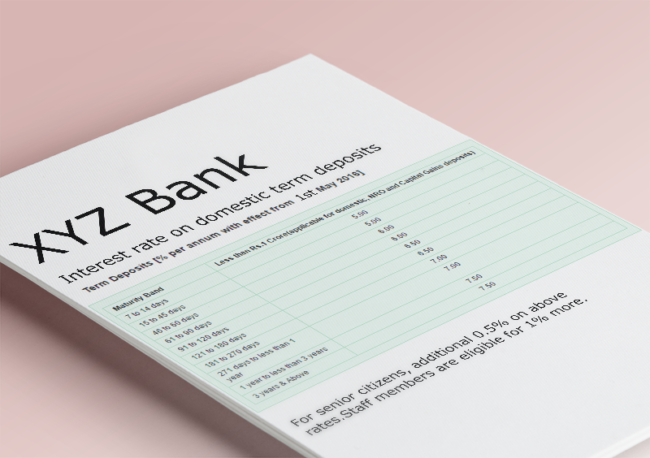Framework for project financing and provisioning in infrastructure and real estate sectors
The Reserve Bank of India issued draft guidelines to provide a harmonised prudential framework for financing projects in Infrastructure, Non-Infrastructure, and Commercial Real Estate sectors by regulated entities (REs). In the backdrop of a review of the extant instructions and analysis of the risks inherent in such financing, the Central Bank prescribed norms for restructuring…








